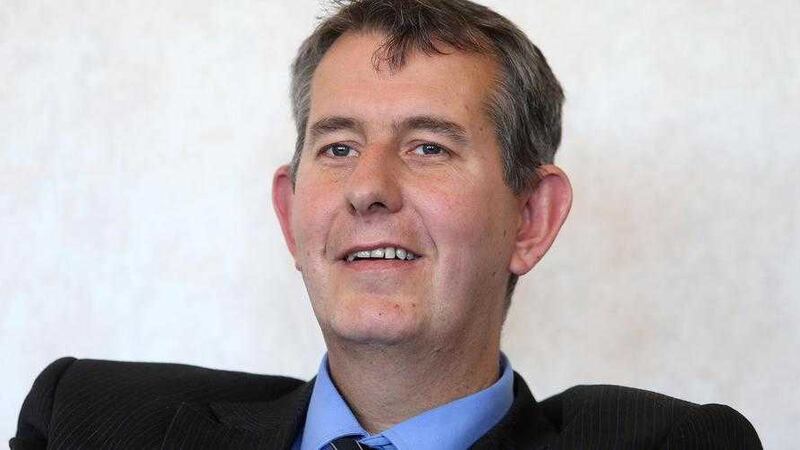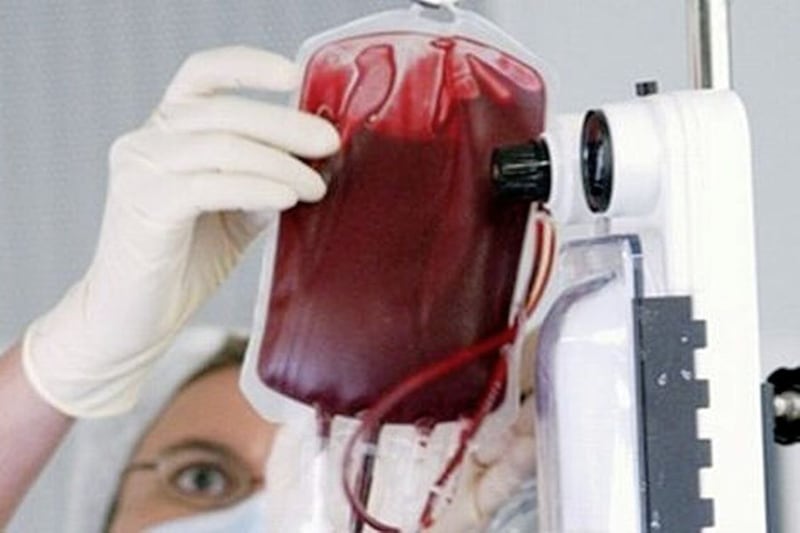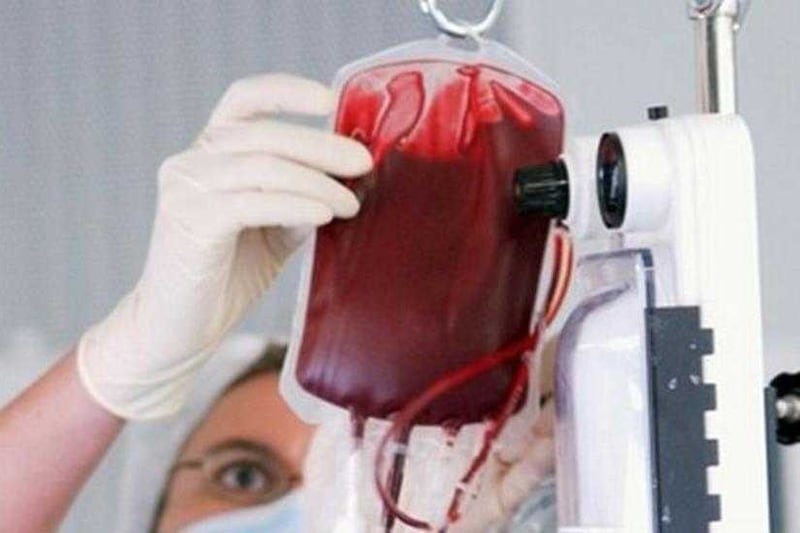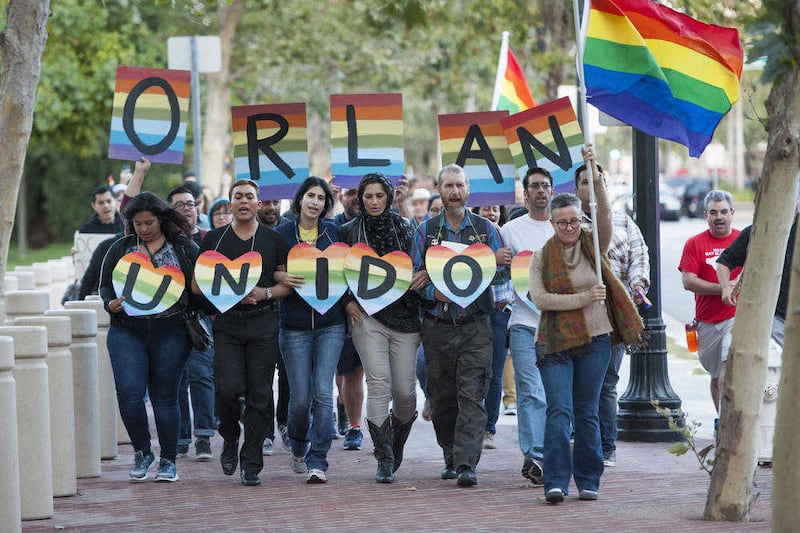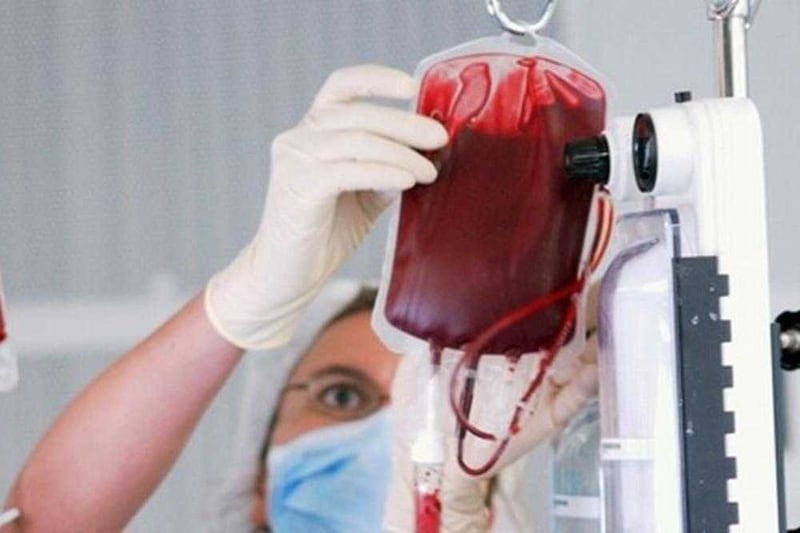FORMER Stormont Health Minister Edwin Poots has won his bid to overturn rulings that his ban on gay men giving blood was irrational and "infected" by apparent bias.
Appeal judges in Belfast also held there was no basis for concluding that the decision was predetermined by his Christian beliefs.
They further ruled that it was for Stormont's health minister, rather than the UK health secretary, to decide whether homosexual men should be permitted to donate.
And, by a further, 2-1 majority, the Court of Appeal concluded the current maintenance of the lifetime prohibition was not disproportionate or contrary to EU law.
The verdict represents a vindication of Mr Poots' position in a four-year legal battle over donations from men who have sex with men.
The gay blood ban, put in place during the 1980s AIDS threat, was lifted in England, Scotland and Wales in November 2011.
It was replaced by new rules which allow blood from men whose last sexual contact with another man was more than a year ago.
But Mr Poots maintained the prohibition in Northern Ireland on the basis of ensuring public safety.
Findings were made against him in a judicial review sought by a homosexual man granted anonymity in the case and referred to as JR65.
A High Court judge held that the DUP MLA did not have the power to keep the lifetime ban.
Challenges to the verdict have been continued by Mr Poots' DUP ministerial successors and the British Health Secretary Jeremy Hunt.
Delivering their verdict the three judges, led by Lord Chief Justice Sir Declan Morgan, rejected the assessment that Mr Poots' stance was irrational or based on apparent bias.
Sir Declan said: "There is no basis for the conclusion that the minister's decision in this case was predetermined by his Christian beliefs and there is ample evidence to indicate that the Minister approached the decision-making by evaluating the competing factors before adopting on a precautionary basis the status quo.
"We do not consider that the fair minded and informed observer could conclude that there was a real risk of apparent bias."
The court backed the view that the minister at Stormont exercising powers to secure a high standard of public health can introduce measures that comply with the provisions of the relevant legal treaty.
In his judgment, Sir Declan held that Mr Poots' maintenance of the permanent ban for a period of years after receiving advice from a blood safety advisory committee was unlawful.
But his two judicial colleagues disagreed with his view that it was disproportionate and contrary to European law.
Lord Justice Gillen said they were dealing with a situation where a decision has not yet been made by the minister.
Agreeing with that assessment, Lord Justice Weir held that the current Health Minister should be given an opportunity to analyse all data and research material.
Health minister Simon Hamilton welcomed the court's decision and said his department had recently received "substantial new evidence" from the Safety of Blood, Tissues and Organs (SaBTO).
"I will, as the judgement advises, carefully consider this without delay," he said
"Ensuring the safety of blood donations that people in Northern Ireland receive has always been my priority and that of my predecessors," he said.
John O'Doherty, Director of The Rainbow Project, which promotes the rights of the LGBT community, said he was disapppointed by the judgment.
"It is disappointing that they failed to recognise that there is no reasonable, rational or medical reason to maintain this lifetime ban."
